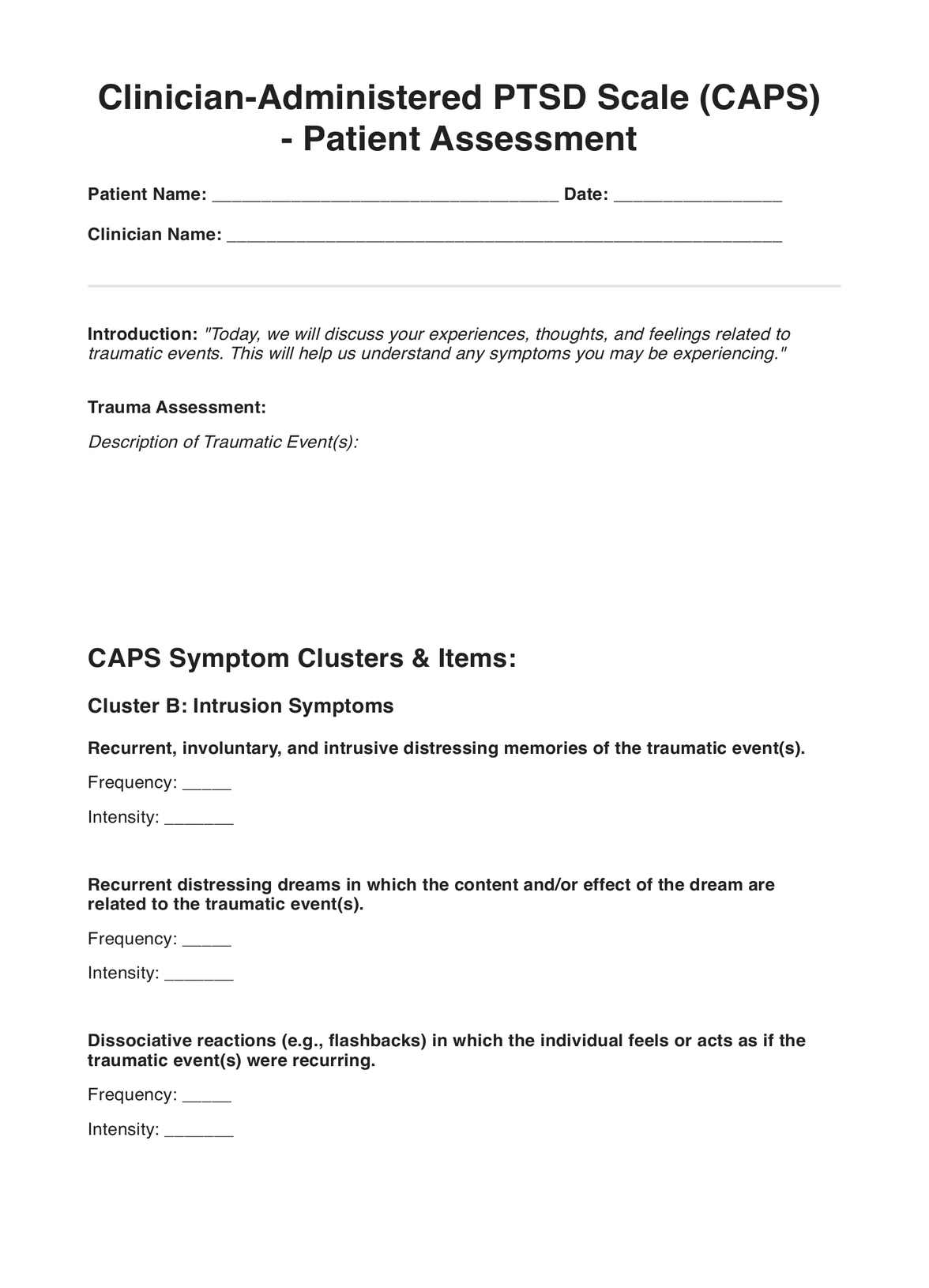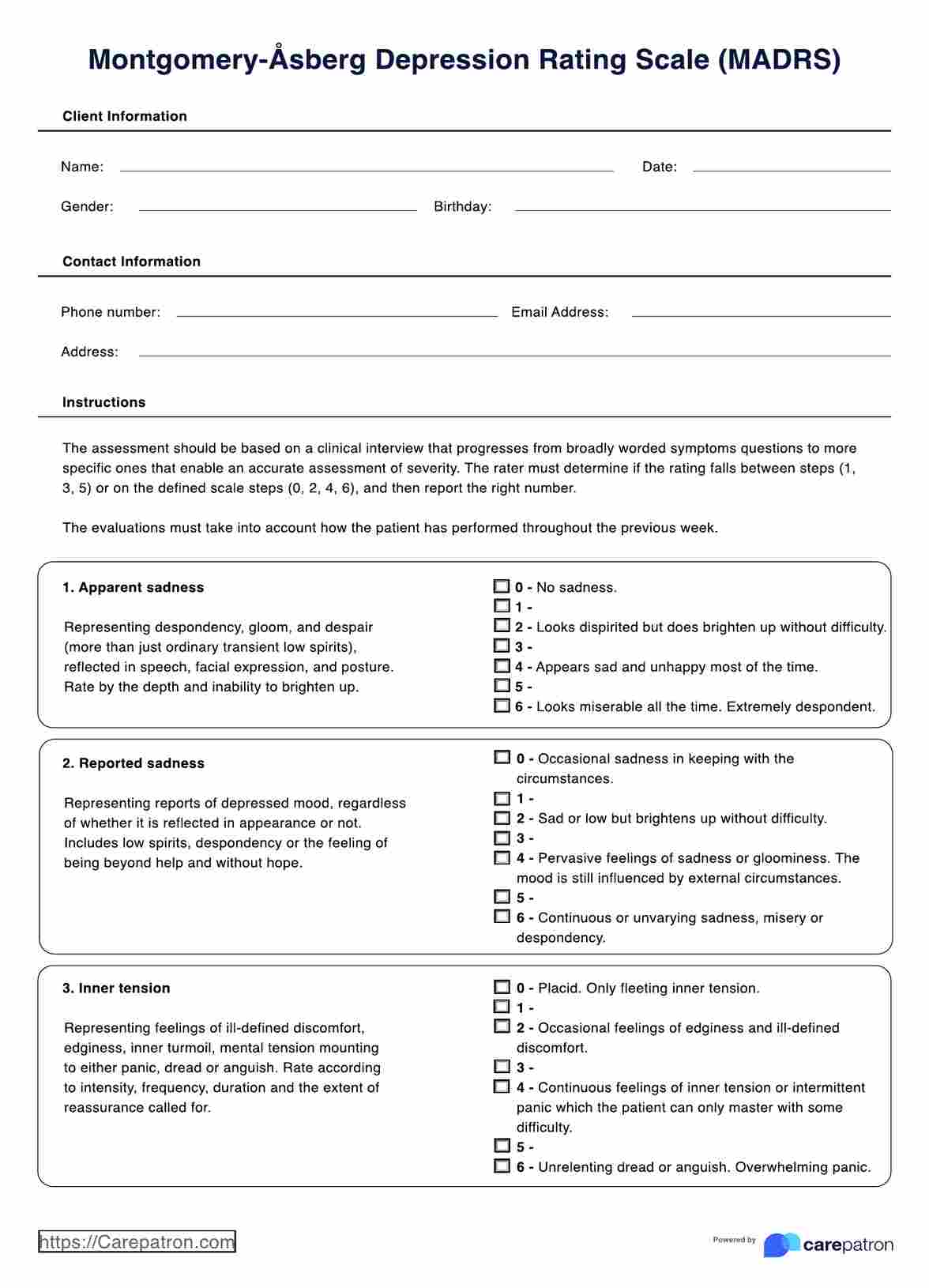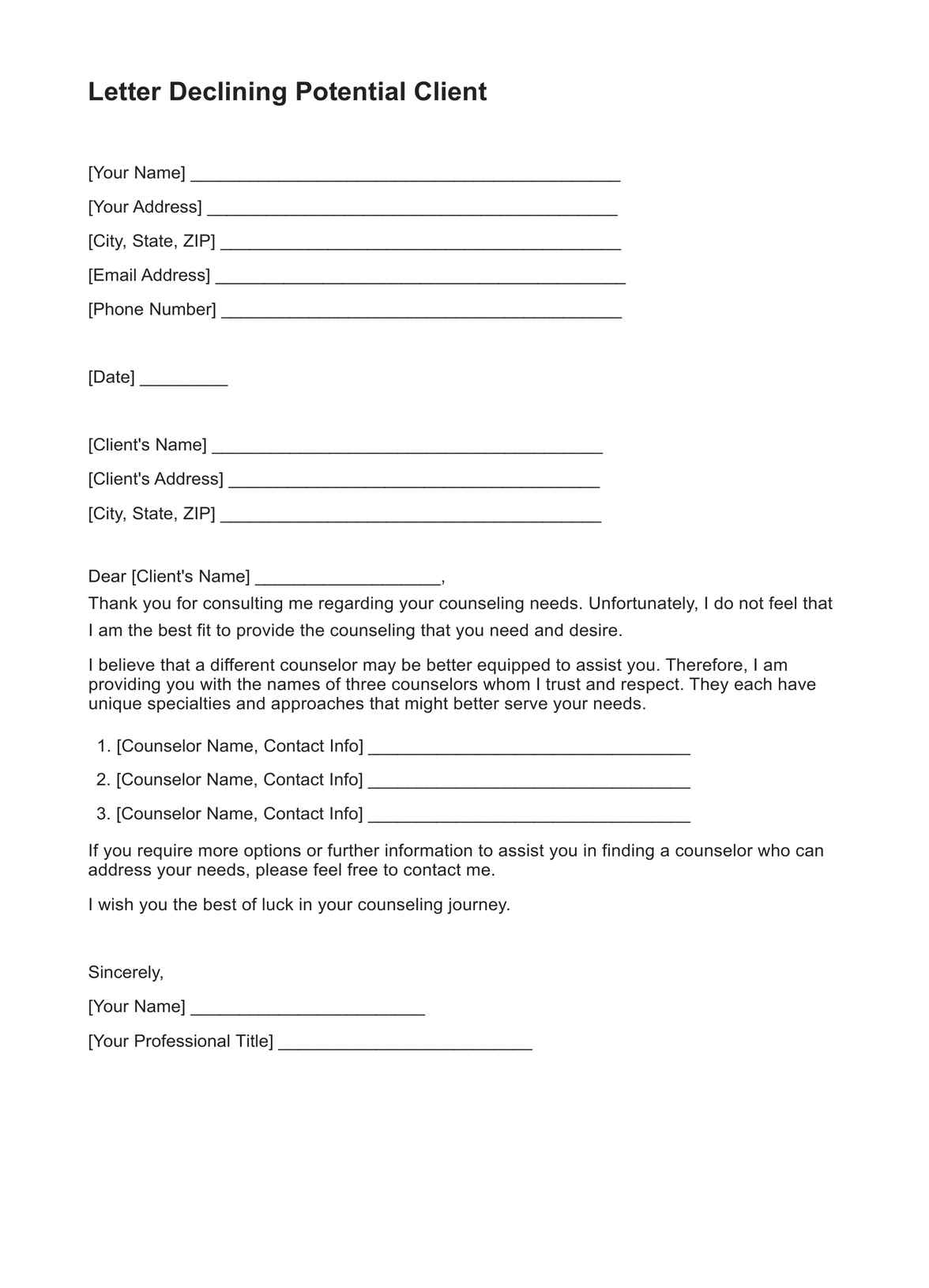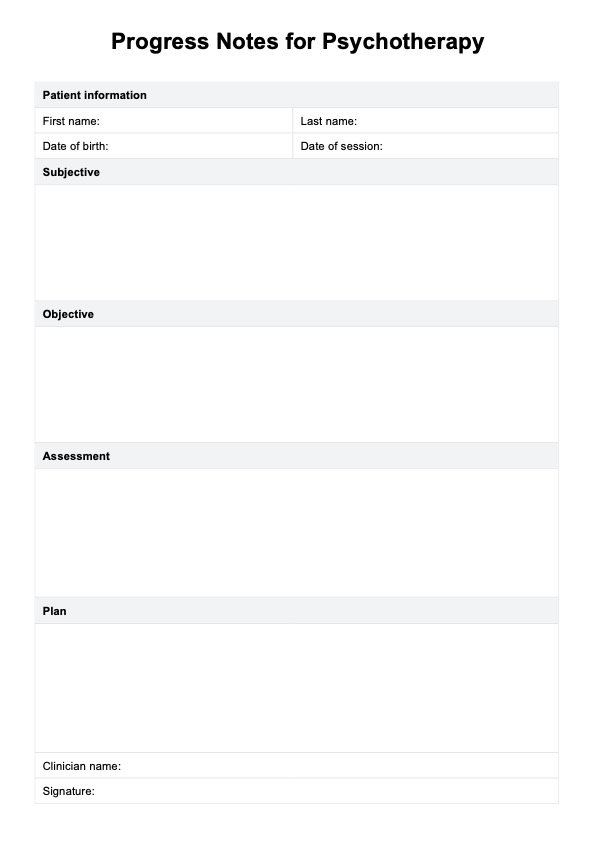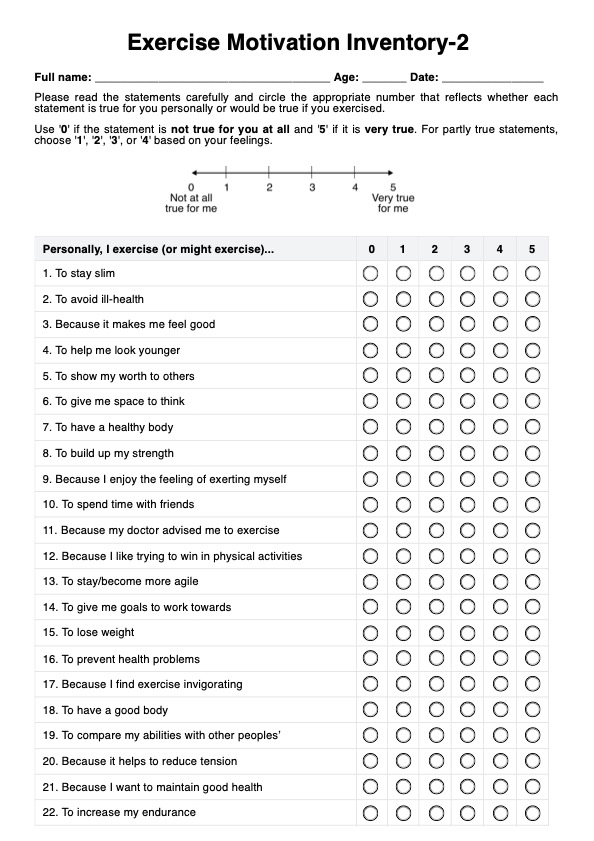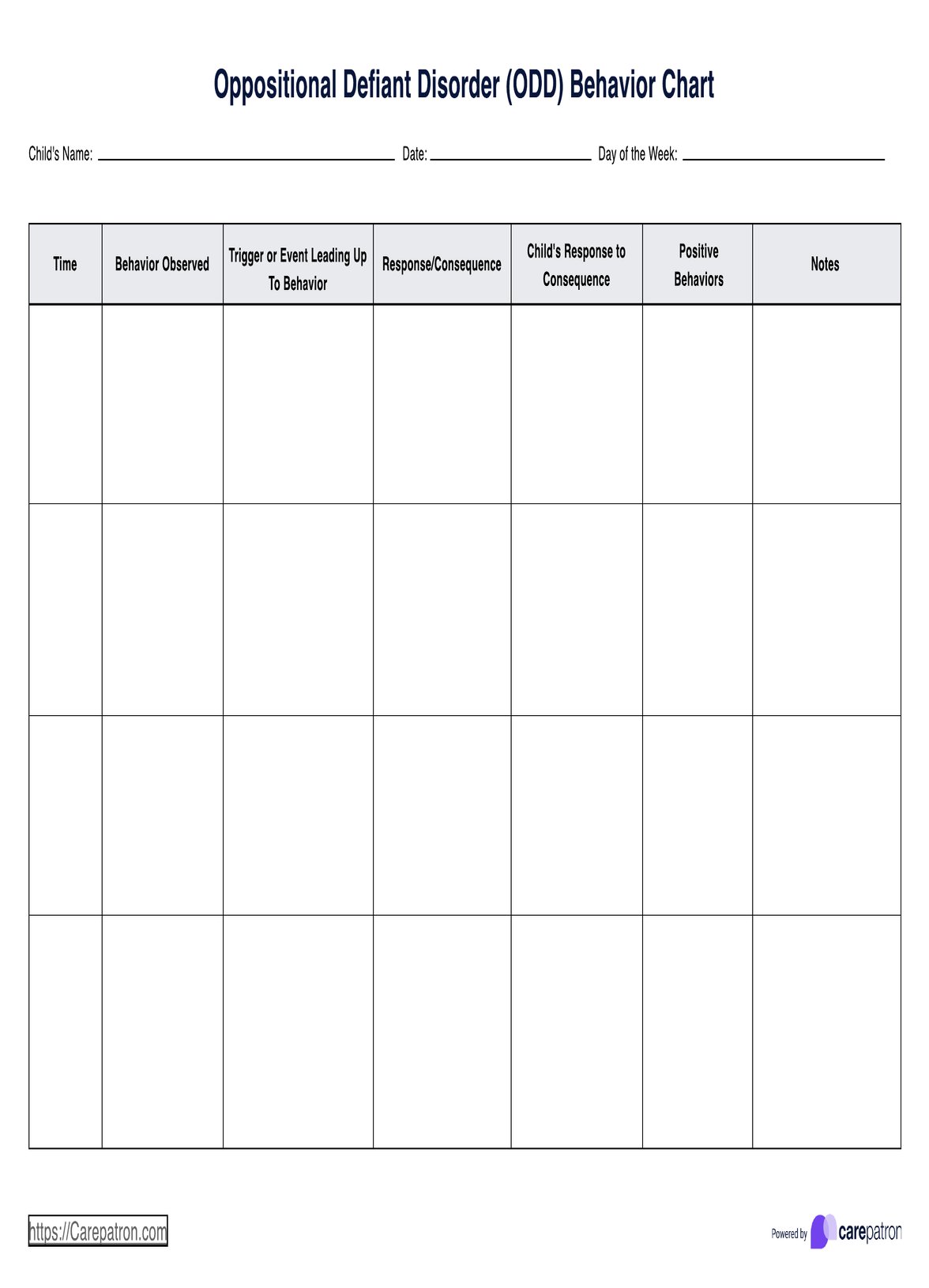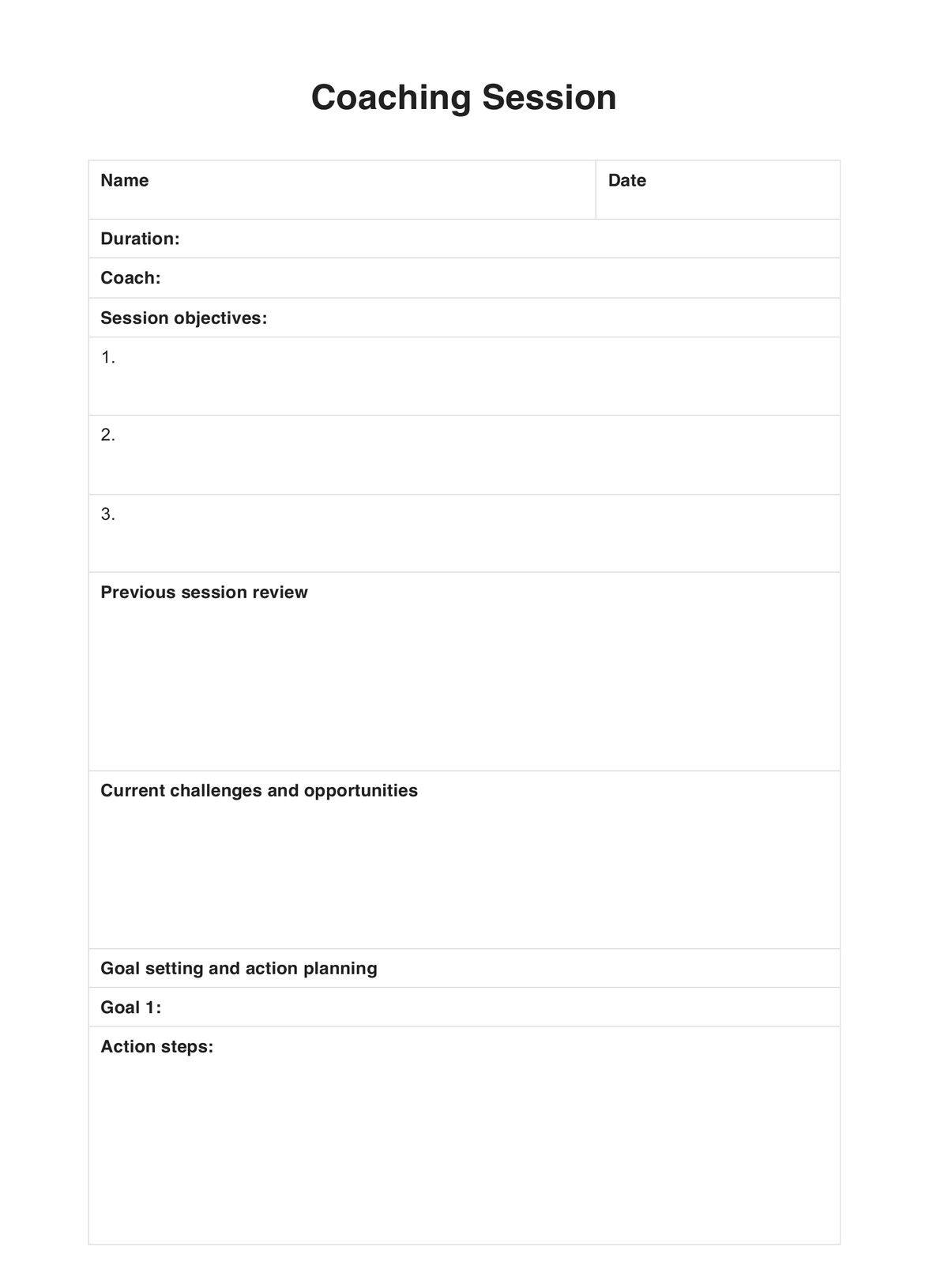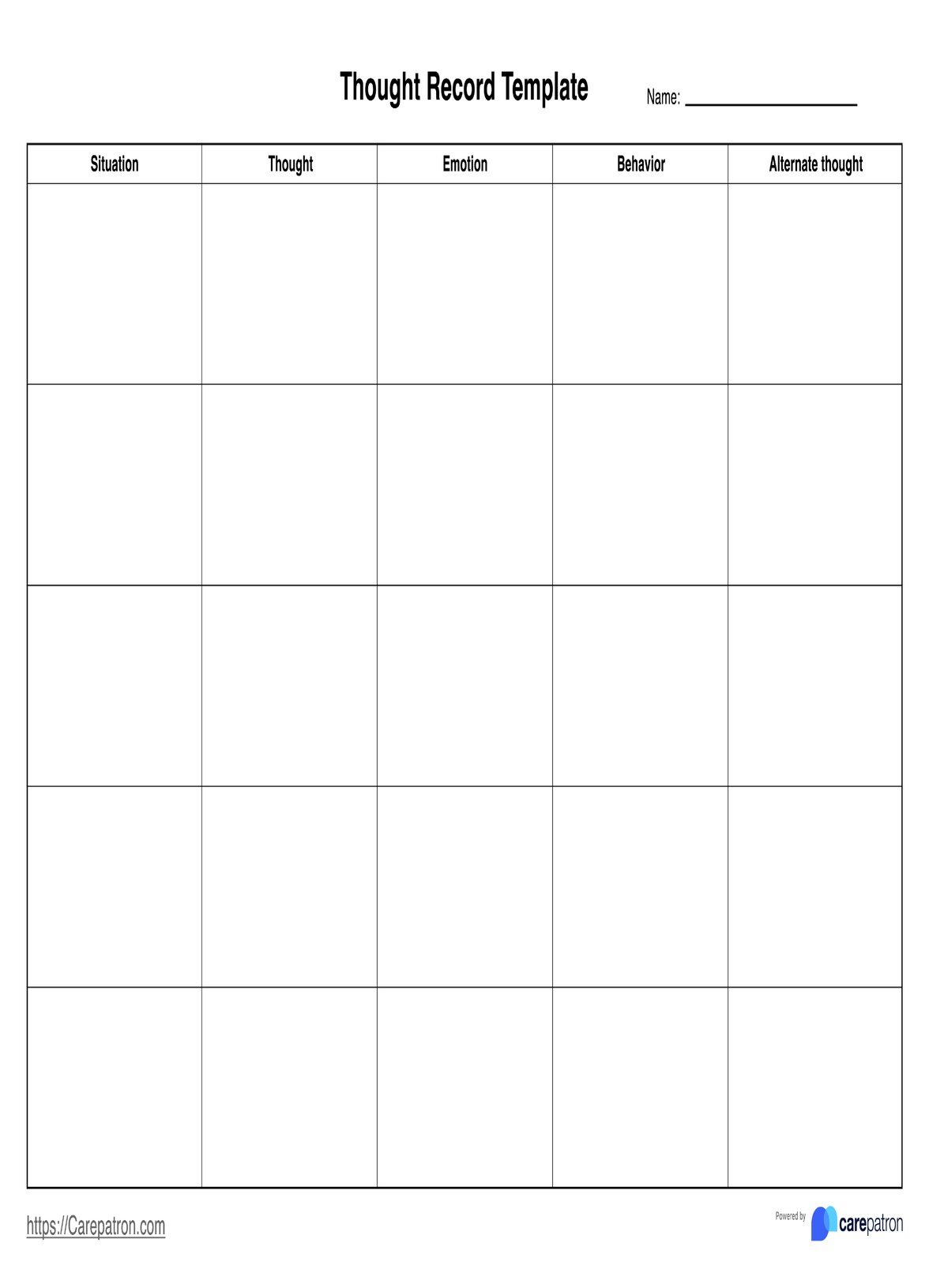Interpersonal Effectiveness Skills PDF
Master DBT interpersonal effectiveness skills with our comprehensive guide and worksheet. Help enhance your client's communication skills and relationships.


What is dialectical behavior therapy (DBT)?
Dialectical Behavior Therapy (DBT) is a form of cognitive-behavioral therapy that was developed in the late 1970s by psychologist Marsha Linehan. It was initially designed to treat individuals with borderline personality disorder and chronic suicidal thoughts, which often involve intense and poorly regulated emotions. Since its inception, DBT has been adapted to treat a variety of mental health issues, including depression, PTSD, substance use disorders, and eating disorders .
DBT combines cognitive-behavioral techniques with concepts from Eastern mindfulness practices. The therapy is structured around the concept of dialectics, which involves synthesizing opposite ideas, such as acceptance and change.
DBT helps individuals accept their experiences but simultaneously encourages them to change unhealthy behaviors. This acceptance is coupled with an array of skills that are taught through both individual therapy and group skills training sessions. The skills focus on areas such as mindfulness, distress tolerance, emotional regulation, and interpersonal effectiveness.
Interpersonal Effectiveness Skills PDF Template
Interpersonal Effectiveness Skills PDF Example
What is interpersonal effectiveness?
Interpersonal effectiveness is a core component of dialectical behavior therapy (DBT) and revolves around the social skills and body language needed to foster positive interactions, ask for what one needs, and say no when necessary. Simply put, these are the skills that allow an individual to interact with others in ways that are both respectful and assertive, achieving goals while maintaining and even improving relationships.
Interpersonal effectiveness skills are crucial not only in personal relationships but also in professional settings, where effective communication and negotiation can significantly impact outcomes. Interpersonal effectiveness encompasses several key aspects:
- Communication: Clearly expressing needs and desires without aggression.
- Listening: Truly understanding the perspectives of others without judgment.
- Assertiveness: Asking for what one needs or saying no respectfully and confidently.
- Conflict resolution: Navigating disagreements in a way that respects all parties' needs and concerns.
These capabilities help individuals navigate social interactions and relationships more smoothly, promoting a healthier social environment and better mutual understanding.
Interpersonal effectiveness techniques
Mastering interpersonal effectiveness helps individuals maintain healthy relationships and navigate social complexities efficiently. Here are some key techniques integral to developing strong interpersonal skills:
DEAR MAN Technique
DEAR MAN stands for Describe, Express, Assert, Reinforce, Mindful, Appear confident, Negotiate. It helps individuals communicate their needs or desires effectively and assertively, which is especially useful in situations requiring clear requests or refusals. Developed as part of DBT to assist patients with emotional regulation and assertiveness, DEAR MAN has been shown to enhance communication outcomes by providing a structured approach to expressing needs respectfully and effectively.
GIVE Technique
GIVE stands for Gentle, Interested, Validate, Easy Manner. This technique aims to enhance relationship quality and ensure connections are maintained positively, even during conflicts. It is effective in maintaining healthy interpersonal dynamics by fostering understanding and respect, crucial for long-term relationship stability. Research on GIVE highlights its role in promoting empathy and reducing interpersonal conflicts through supportive and validating communication.
FAST Technique
FAST stands for Fair, Apologies (only when appropriate), Stick to values, Truthful. It helps you maintain self-respect and integrity in interactions, particularly when there's a risk of compromising one's values. FAST teaches individuals to be honest and straightforward, supporting the maintenance of personal integrity and respect in relationships. Studies indicate that FAST helps individuals uphold their self-respect and authenticity, contributing positively to their mental health and well-being.
THINK Technique
THINK is a newer DBT skill developed to manage negative emotions in challenging interactions by fostering understanding and empathy. THINK stands for Think, Have empathy, Interpretations, Notice, Kindness. It encourages considering multiple perspectives and responding kindly, especially useful in conflict situations. Initial studies suggest THINK can decrease emotional reactivity and promote rational, compassionate responses, improving interaction outcomes.
By incorporating these skills into daily interactions, individuals are better equipped to handle various social situations, leading to more fulfilling and stable relationships.
Importance of developing effectiveness skills
Developing interpersonal effectiveness skills is vital for achieving healthy and satisfying interactions across various aspects of life. These skills facilitate clearer communication, enhance problem-solving capabilities, and promote stronger relationships in both personal and professional settings.
Interpersonal effectiveness encompasses a range of abilities including clear communication, assertiveness, conflict resolution, and the ability to listen and respond empathetically. Mastery of these skills can significantly impact one's ability to navigate social interactions and relationships effectively. For instance, being able to articulate needs clearly and respectfully can lead to better outcomes in both workplace negotiations and personal relationships.
Moreover, these skills are critical in managing emotional responses and maintaining self-respect in interactions. They help individuals establish and maintain boundaries, negotiate solutions, and interact in a way that respects both their own needs and those of others. This balance is crucial for personal well-being and for building relationships based on mutual respect and understanding.
How does our interpersonal communication skills worksheet work?
Our Interpersonal Communication Skills Worksheet is a structured tool designed to assist healthcare professionals in guiding their patients toward enhancing their interpersonal effectiveness. This worksheet combines educational elements with practical exercises to help patients develop the skills necessary for successful interactions in various aspects of their lives.
The worksheet is structured to include sections on key interpersonal effectiveness techniques such as DEAR MAN, GIVE, FAST, and THINK. Each section provides prompts for applications in real-life situations and asks patients to reflect on and practice these skills. It is designed to help patients identify and refine the specific skills they need to communicate more effectively, manage conflicts, and maintain stronger relationships.
Here's how to use our template:
Step 1: Access this template
Healthcare professionals can access this template through our website's Resource Library or the Carepatron app. It is available in a printable format for in-person therapy sessions or as an interactive digital tool that can be used in teletherapy sessions or at home.
Step 2: Explain the template
Before beginning the exercises, it is crucial for healthcare professionals to explain the purpose of the worksheet to the patient. Discussing how each section will help them understand and improve their interpersonal skills can motivate patients to engage deeply with the material.
Step 3: Guide the patient through the worksheet
Professionals should guide their patients through each section, encouraging them to think critically about their interpersonal interactions and how they can apply the skills discussed. For each skill set, patients are prompted to describe relevant personal experiences, assess their current skill levels, and identify areas for improvement.
Step 4: Review and provide feedback
After the patient completes the worksheet, review their responses together. This review can provide valuable insights into the patient's understanding and implementation of the skills. Provide constructive feedback and discuss ways to apply these skills more effectively in daily life.
Step 5: Plan for future practice
Finally, set goals with the patient for ongoing practice and application of the skills learned. Encourage them to incorporate these skills into their everyday interactions and to reflect regularly on their progress.
Benefits of using our worksheet
Using the Interpersonal Effectiveness Skills Worksheet offers numerous benefits that can significantly enhance both the therapeutic process and the personal development of clients. Here are some key advantages of incorporating this tool into your practice:
Improves communication skills
This worksheet directly targets and improves communication skills. By engaging with the exercises, clients learn to articulate their needs more clearly and listen actively to others. This not only helps in resolving conflicts but also in building more meaningful connections in their daily lives. Enhanced communication leads to fewer misunderstandings and more effective problem-solving in personal and professional relationships.
Increases emotional intelligence
Working through the worksheet encourages clients to develop higher emotional intelligence. They become more aware of their own emotional responses and better at recognizing the emotions of others. This awareness is crucial for managing personal emotions effectively and responding to others empathetically, skills that are vital for successful interpersonal interactions.
Fosters stronger relationships
The practice of skills such as DEAR MAN, GIVE, and FAST, as outlined in the worksheet, equips clients with the tools to strengthen relationships. These techniques help maintain respect and mutual understanding, even in difficult situations, promoting healthier and more supportive interactions. Over time, these enhanced skills contribute to more robust and fulfilling relationships with family, friends, and colleagues.
Each of these benefits contributes to the overall well-being of clients and enhances their ability to navigate the complexities of social interactions and personal connections effectively. By incorporating this worksheet into your therapeutic toolkit, you offer clients a practical resource for personal growth and improved interpersonal dynamics.
How to increase interpersonal effectiveness?
Enhancing interpersonal effectiveness involves developing skills that improve the quality of your interactions with others, resulting in improved communication. Here are some strategies to boost these skills:
- Practice active listening: This means fully concentrating on what is being said rather than just passively hearing the speaker. Techniques include nodding, maintaining eye contact, and paraphrasing what the speaker has said to confirm understanding.
- Cultivate empathy: Try to put yourself in the other person’s shoes, especially in conflict situations, to better understand their perspective.
- Develop clear communication: Practice being concise and specific in your communication, and use "I" statements to own your feelings instead of blaming others.
- Assert yourself: Assertiveness is about expressing your own needs and desires confidently without being aggressive. It helps in setting healthy boundaries and respecting others' boundaries as well. Learn to say no when necessary, and stand up for yourself in a respectful manner.
- Manage stress: High stress levels can impair your ability to interact effectively, leading to overreaction or inadequate responses. Developing techniques to manage stress, like mindfulness or relaxation exercises, can help maintain calmness and clarity in communication.
- Seek feedback: Ask trusted colleagues, friends, or family about how you handle interactions and what you could do better. Constructive criticism can provide valuable insights into your communication style and interpersonal dynamics.
By regularly practicing these strategies, you can enhance your ability to interact effectively with others, leading to better personal and professional relationships.
Commonly asked questions
Interpersonal effectiveness in Dialectical Behavior Therapy (DBT) encompasses techniques that help individuals communicate effectively with others and more assertively, improving relationship quality and achieving personal objectives.
Interpersonal effectiveness is crucial for maintaining healthy relationships, managing emotional responses in social situations, and communicating needs and boundaries clearly, which contributes to positive outcomes in interactions and overall mental well-being.
The three keys to interpersonal effectiveness include being clear about objectives, maintaining relationships, and preserving self-respect during interactions.


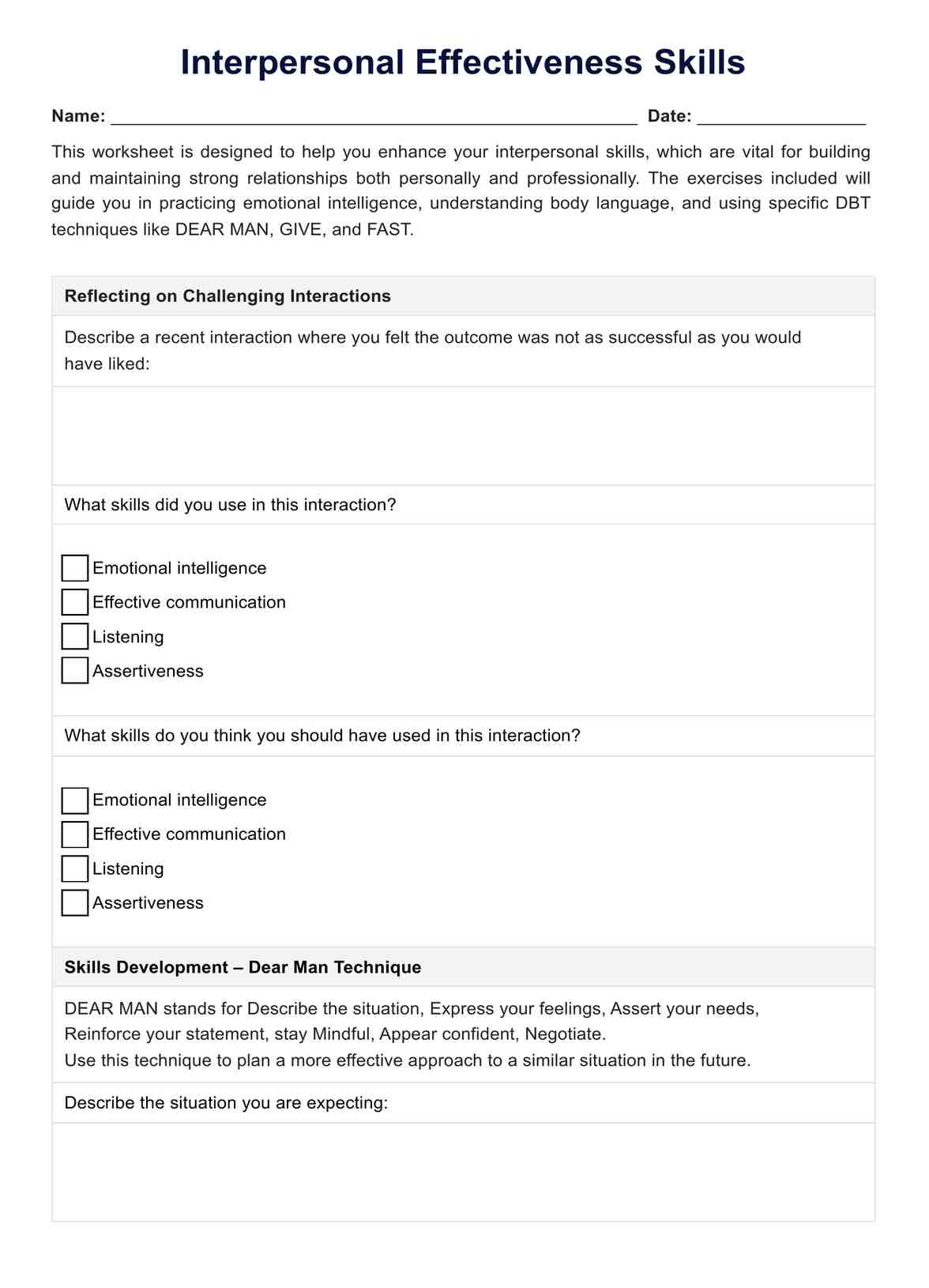
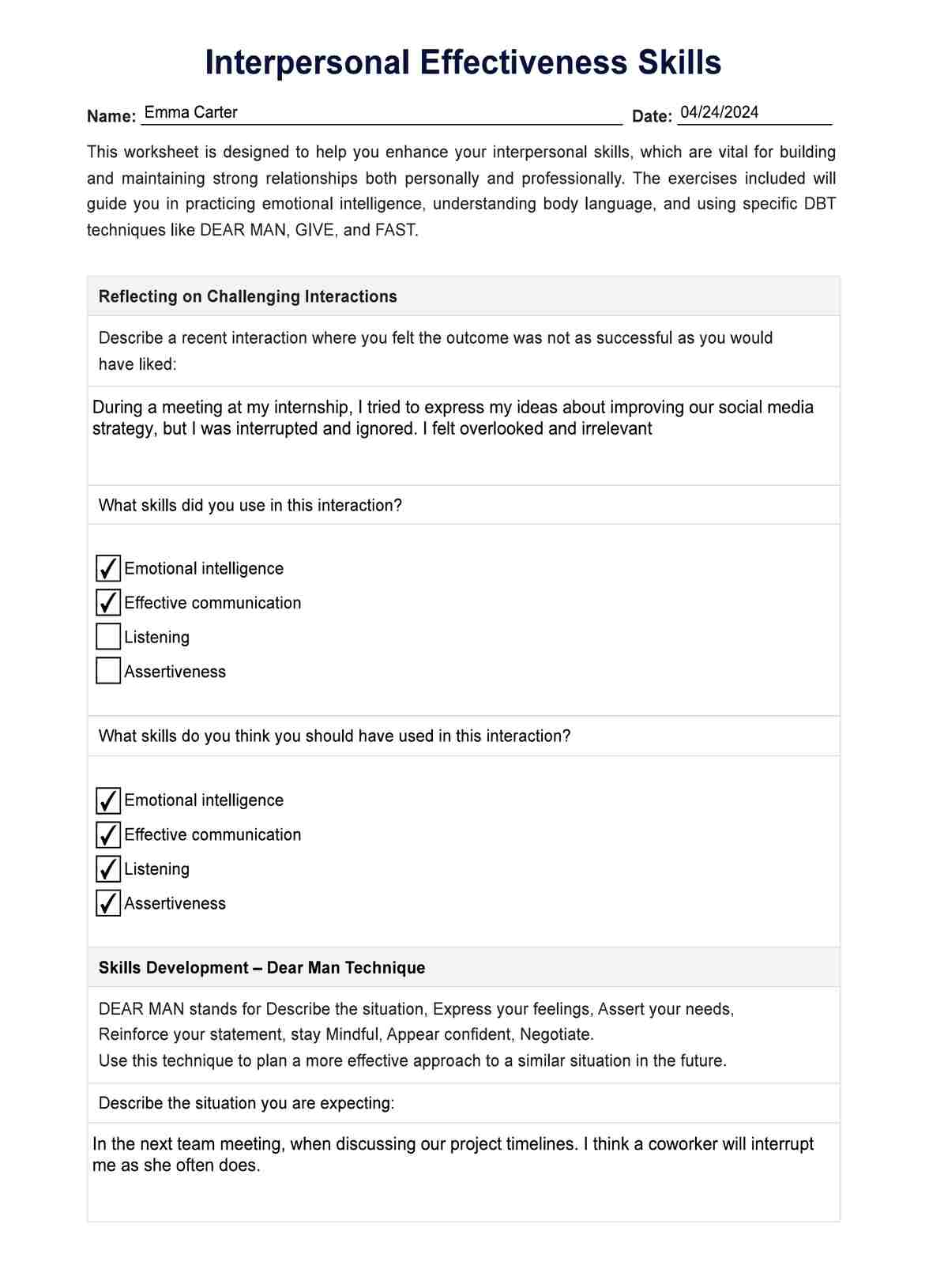

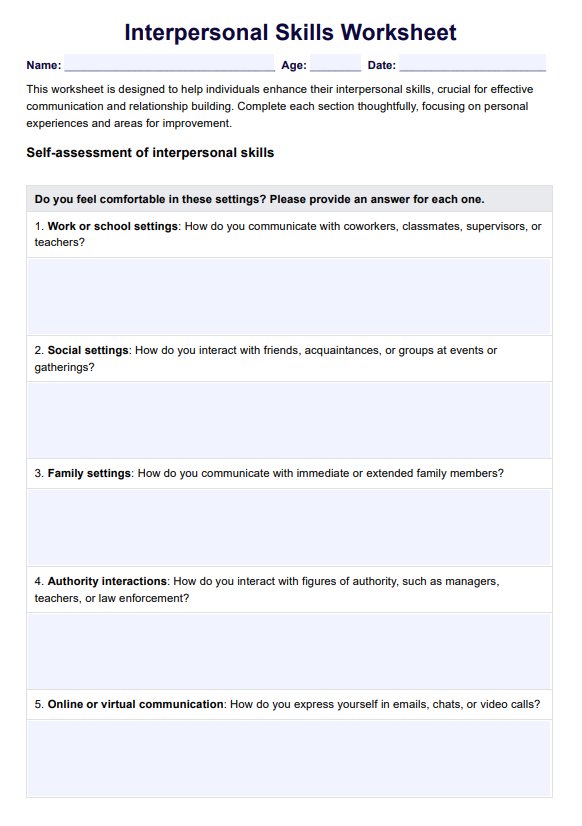
















-template.jpg)



















































































